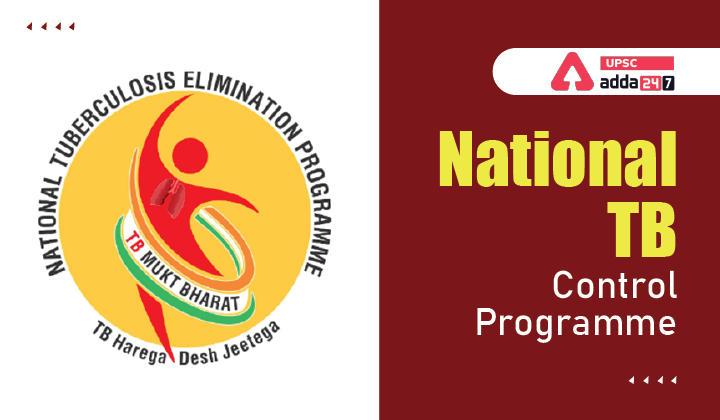Table of Contents
TB in India: Relevance
- GS 2: Issues relating to development and management of Social Sector/Services relating to Health, Education, Human Resources.
TB eradication in India: Context
- The Union Minister of State for Health and Family Welfare has informed Rajya Sabha about the implementation of National TB Control Programme to achieve Sustainable Development Goals related to TB by 2025.
National TB Control Programme: Key points
- Government has implemented the National TB Elimination Programme (NTEP) under the aegis of the National Health Mission (NHM).
- With the goal of achieving Sustainable Development Goals related to TB by 2025, five years ahead of the global targets, the programme has implemented a National Strategic Plan with the following objectives:
- Early diagnosis of TB patients, prompt treatment with quality assured drugs and treatment regimens.
- To engage with the patients seeking care in the private sector.
- Prevention strategies including active case finding and contact tracing in high risk /vulnerable population.
- Airborne infection control.
- Multi-sectoral response for addressing social determinants.
TB cases in India
- In India, the TB capital of the world, the disease kills some 1,400 persons every day. These are gross estimates, for our health management system has no method to count the exact numbers.
- In the 1950s and ’60s, India was the global leader in research in epidemiology, transmission and domiciliary treatment of TB.
- India is a high-burden country. Large proportions of adults carry TB infection in the lung in a dormant condition for life (latent TB). Some among them deteriorate and develop overt TB disease (reactivation TB).
- HIV infection, diabetes, undernutrition, lung damage due to pollution, tobacco smoking, fall in immune functions due to chronic diseases, alcoholism, etc. accelerate reactivation TB.
Government steps for TB in India
- State and District Specific Strategic plan for targeted interventions in high burden areas.
- Provision of free drugs and diagnostics to TB patients including for drug resistant TB.
- Active TB case finding campaign in key vulnerable and co-morbid population.
- Integration with Ayushman Bharat- Health & Wellness Centres to decentralize screening and treatment services closer to the community.
- Private sector engagement including incentives for notification and management of TB cases.
- Scale up of molecular diagnostic laboratories to sub-district levels.
- Nikshay Poshan Yojana for nutritional support to TB patients.
- Intensified IEC campaigns to reduce stigma, raise community awareness and improve health seeking behaviour.
- Multi-sectoral response with involvement of line ministries.
- Scale up TB preventive therapy to contacts of pulmonary TB.
- Notified TB cases are tracked through web-based portal Ni-kshay.
Read current affairs for UPSC





 TSPSC Group 1 Question Paper 2024, Downl...
TSPSC Group 1 Question Paper 2024, Downl...
 TSPSC Group 1 Answer key 2024 Out, Downl...
TSPSC Group 1 Answer key 2024 Out, Downl...
 UPSC Prelims 2024 Question Paper, Downlo...
UPSC Prelims 2024 Question Paper, Downlo...




